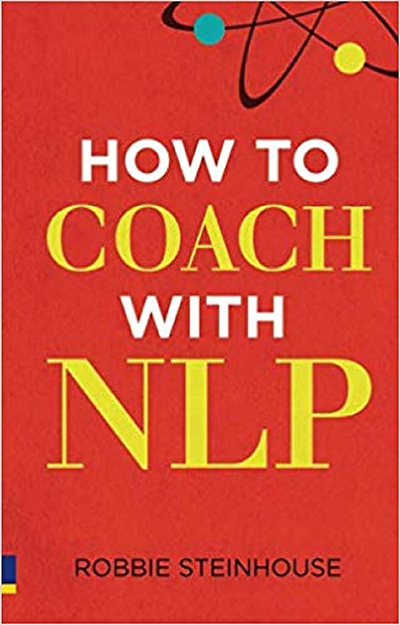Can Coaching Imposter Syndrome and Other Life Scripts Deliver on Significant Positive Change?
How can coaching help with Imposter Syndrome and other issues around our identity? So often people don’t feel fully comfortable in their own skin – I know that was the case for me when I qualified in NLP over 20 years ago.
That was until something happened that changed my life. I was sitting by a pool on a family holiday, when I spontaneously started moving images around in my imagination.
I had images of an unpleasant future, which I moved into my past – I then created a positive image for my future. To my surprise, after this experience I felt much more relaxed – as if somehow my anxiety switch had been massively reduced.
The Idea of Life Scripts
I worked out a process to replicate this and have been teaching it to students across the world ever since. The core idea behind the process is based on life-scripts: the principle that each one of us unconsciously created a role for ourselves in childhood. Each person has their own unique life-script, however they do follow certain common patterns.
Here are a few examples:
– Feeling you are not enough, or have some form of imposter syndrome.
– Feeling exhausted along with a belief you must take on life’s burden single-handed.
– Feeling disappointed in a key area(s): health, career, relationships, wealth or happiness.
What all these life scripts share is the idea of conditional love: that we are not intrinsically loveable unless we do something – it is as if we have to give away an essential part of ourselves to be acceptable.
Sadly, these scripts are a by-product of growing up in any society, where children gain unintended beliefs as they become socialised. This is nothing new and many of these life scripts were defined long ago in classic literature such as ancient Greece. For example, the story of Atlas who felt he had the weight of the world on his shoulders or Tantalus who could never get what he wanted.
Resistance and Holding on to our Identity
However, people are often very resistant to making this type of change as it brings into question the idea of our very identity, “This is who I am, and if I changed, I wouldn’t be me.” This is a genuine and valid concern: we do want to be authentic and we don’t want to lose the positive features of our personality. This is further compounded by the experiences we had when becoming aware of our unique identity, around 3–6 months old – we wanted control, but lacked the skills to do so: therefore any prospect of a shift of our identity can trigger an archaic response reminding us of that early struggle to survive.
Knowing all this, I wanted to create a process that facilitates all of these very practical fears – making meaningful change, but preserving your sense of self and honouring this early natural resistance.
I cover this process on my forthcoming Advanced Coaching course, for coaches this provides you with the techniques to work authentically at Identity level with your clients. If you aren’t a coach this course will help you discover your own life script (s) and how to make changes to the beliefs that have been holding you back.
Did you like this post?
Then check out our events and courses!
Where to find us
For posts, events, free open days and more, follow NLP School on:
Facebook/steinhouserobbie
Facebook: /NLPSchoolUK










